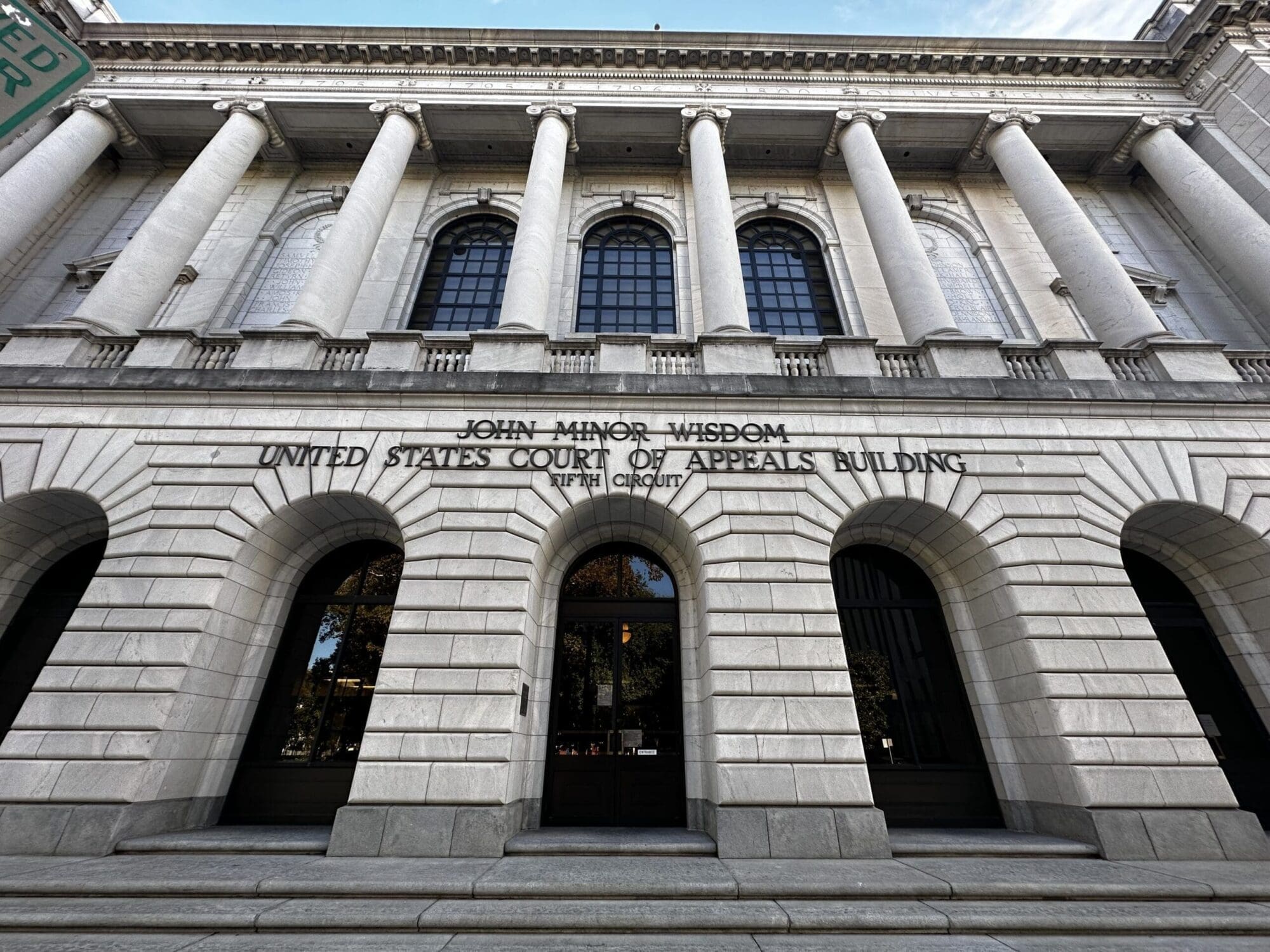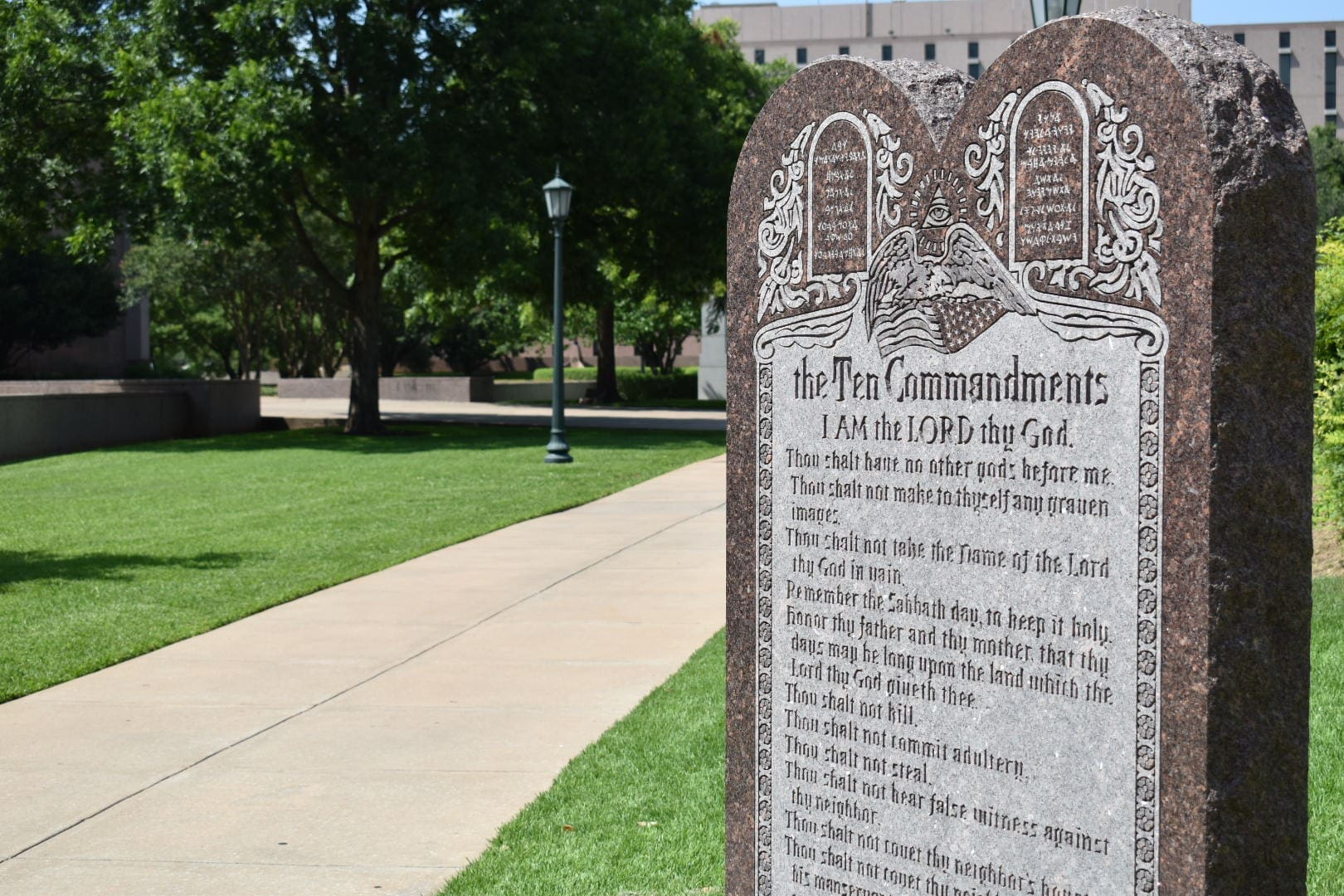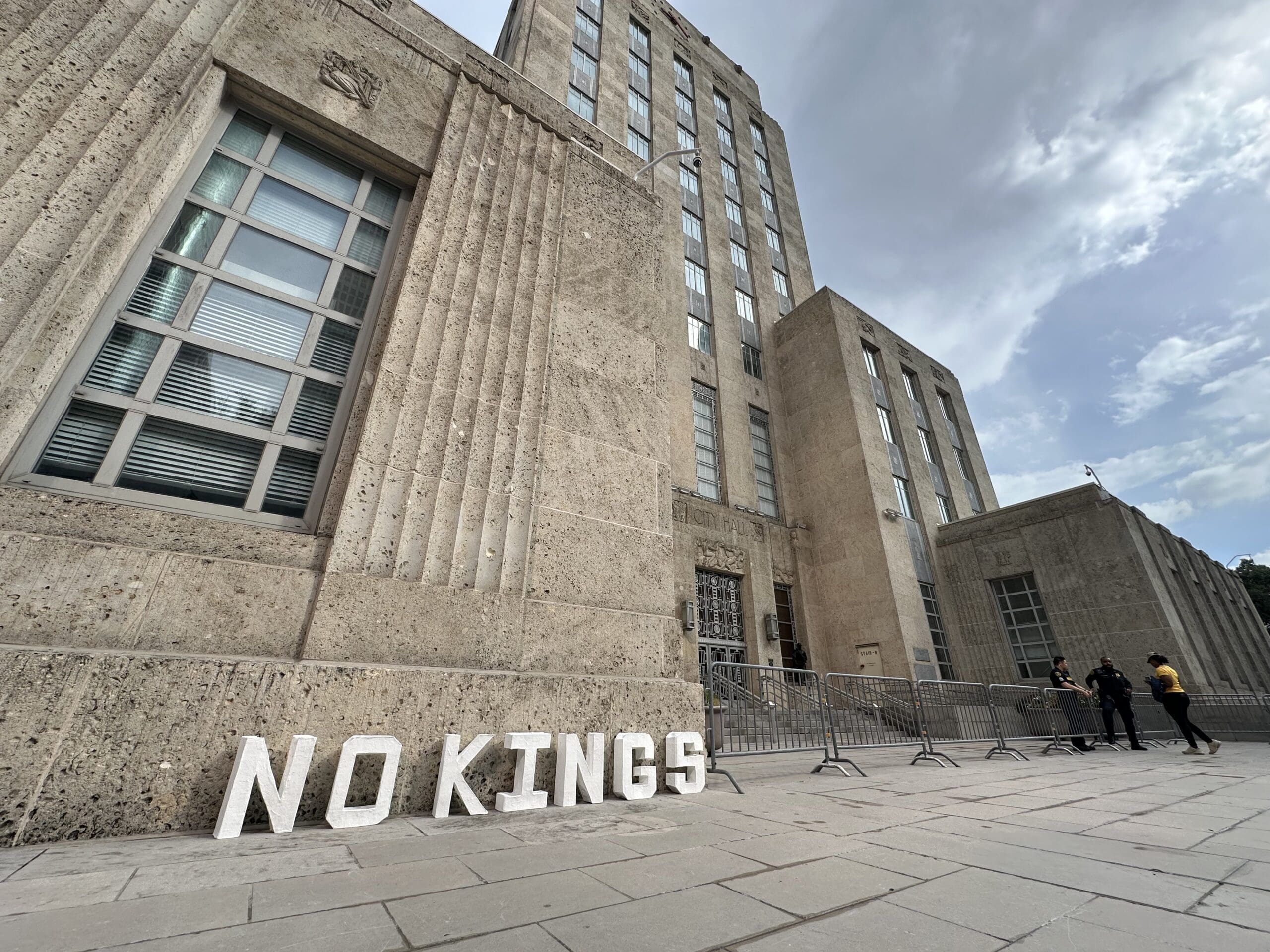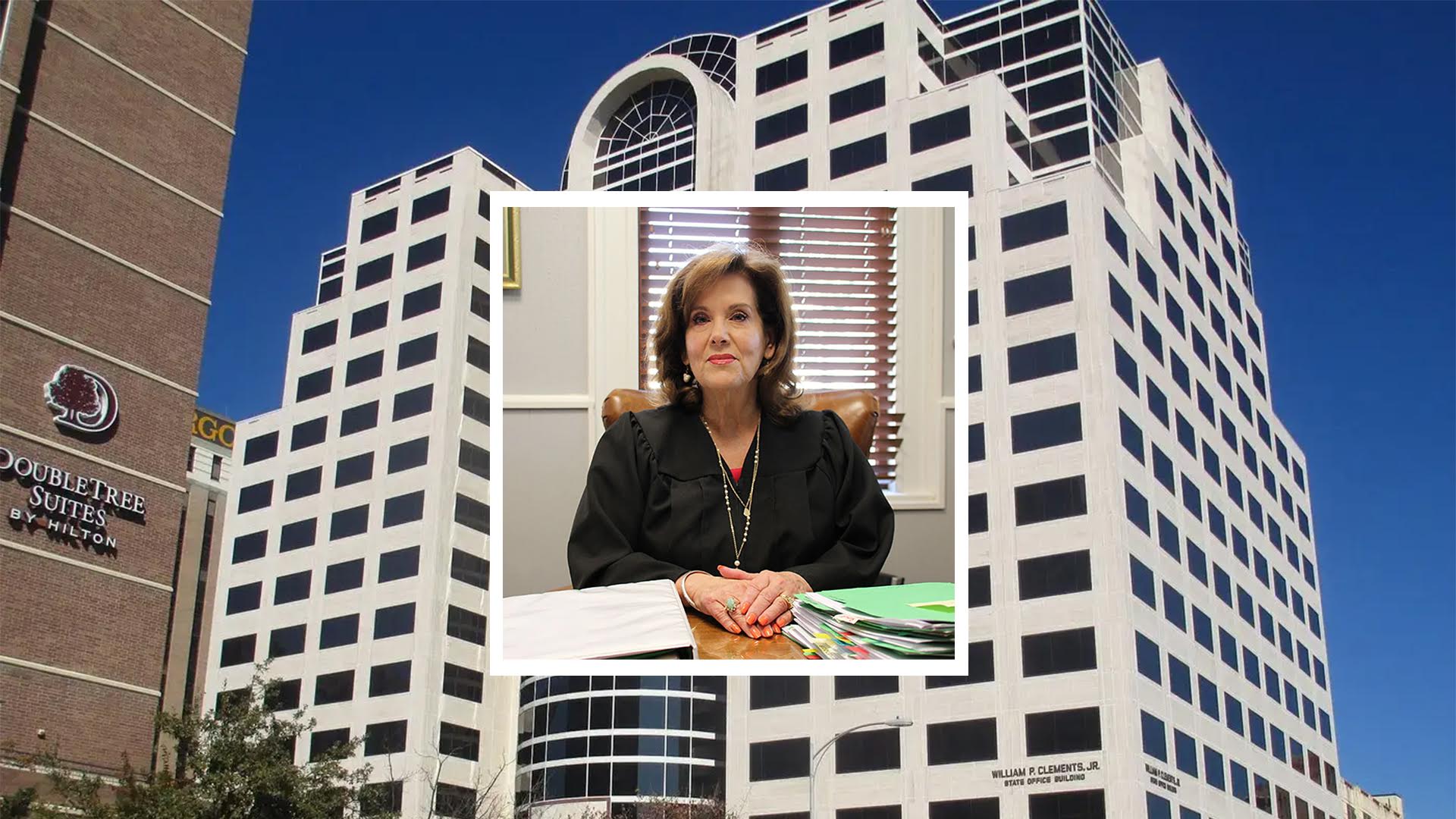The legal team for two grassroots organizations in North Texas told a court this week that Palo Pinto County’s “content-based restrictions” on political signage have gone too far.
Attorney Tony McDonald, who argued on behalf of the two groups and their leader, contended that the county’s new electioneering regulations could violate the First Amendment by excluding political speech.
McDonald specifically represented the Palo Pinto County Conservatives, Grassroots Mineral Wells, and both of the groups’ leader, local activist Johanna Miller.
“When you single out a type of speech, that means you’re really—I mean, that’s a tough road up!” explained McDonald before the federal Fifth Circuit Court of Appeals on Tuesday.
“It doesn’t satisfy the [U.S. Supreme Court’s] narrow-tailoring [standard] required because it’s content-based,” he continued, adding that “there are many ways to approach whatever necessary policymaking that needs to be made that doesn’t single out content.”
Many of the new regulations in question were temporarily blocked in May by the court’s three-judge review panel, citing First Amendment concerns, which Texas Scorecard reported on at the time.
Among them were the prohibition of political signs when an election is not upcoming, the limitation of signs to under 36 square feet, and the restriction of candidates to six signs each.
The county also disallowed political signs from being displayed on permanent structures and prohibited so-called electioneering by canvassers on sidewalks or driveways outside designated areas.
Other rules regarding restrictions on signs that obstruct passengers’ vision or that could damage water or electrical lines were not temporarily blocked by the Fifth Circuit.
McDonald asserted to Judges Catharina Haynes, Don R. Willett, and Andrew S. Oldham on Tuesday that the content-based restrictions already temporarily blocked by the court are sloppily interwoven with the non-content-based restrictions the court identified.
The existing temporary injunction should be made permanent and expanded—all of the new orders should be thrown out to illustrate what not to do when policymaking on the issue and to set a stronger precedent, he argued.
However, Attorney Grant David Blaies, representing Palo Pinto County Judge Shane Long and the county’s commissioners, argued that the question of content neutrality was irrelevant to the regulations.
Blaies specifically cited Burson v. Freeman, a 1992 U.S. Supreme Court case that determined electioneering regulations had to balance between the First Amendment and the right to cast a ballot.
“All electioneering regulations are not content neutral because they address the specific circumstances of voting,” Blaies said.
The court appeared to have a more favorable posture to McDonald’s arguments, often pushing Blaies to provide a clearer definition of what he considers “political” or “content neutral.”
Judges also pushed Blaies on whether political messages not on upcoming ballots could be displayed without regard to the new regulations, to which he affirmed that they could.
McDonald expressed to Texas Scorecard that he also believed the court was “receptive” to his belief that the new regulations violate the First Amendment.
“It’s important that we protect citizens’ rights to speak to their neighbors about local policy and elections,” commented McDonald.
The court is expected to make a decision on the case in the coming months.





